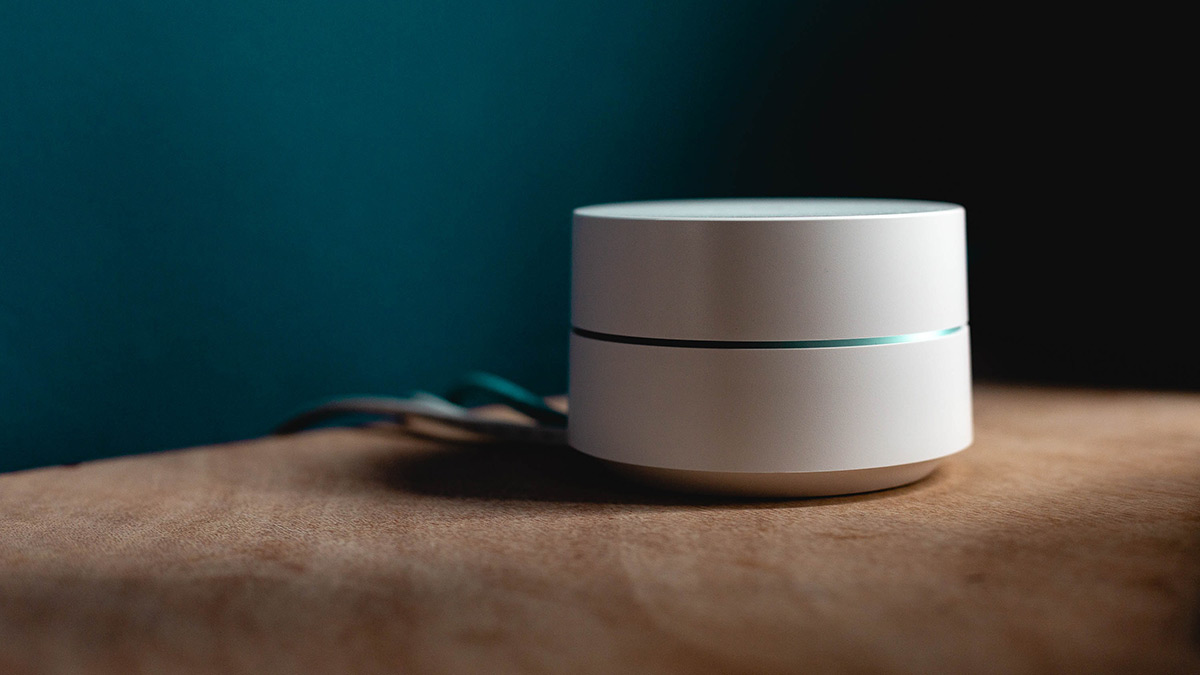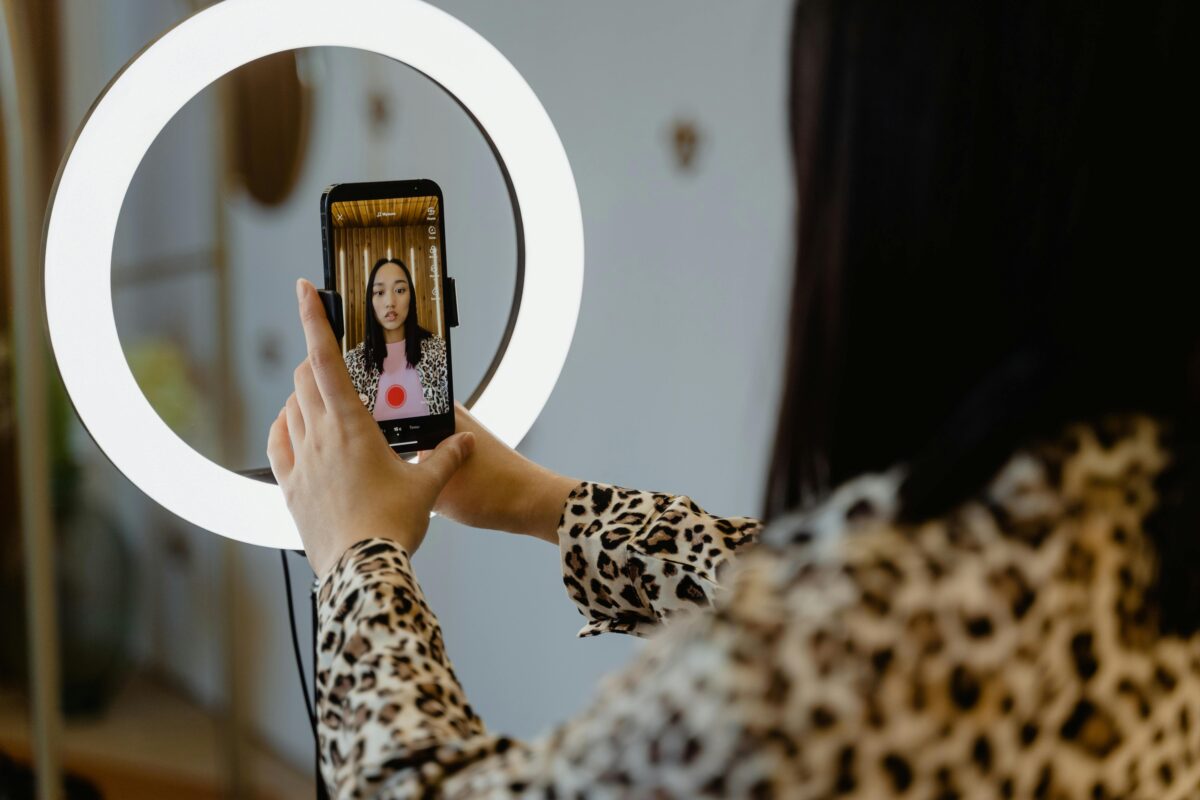Smart objects allow for physical or physiological Self-Tracking and Self-Quantification. The Quantified-Self provides Self-Knowledge through Self-Tracking with technology, where data collection is performed through Self-Monitoring using combined wearable technologies, i.e. sensors and computing systems (Maltseva, Lutz, 2018).
The Quantified-Self movement is therefore a means to learn more about the meaning of technology in the context of its use, since this context may positively or negatively influence Self-Tracking practice. The primary purpose of quantified-selfers was, in fact, for individuals to increase knowledge about themselves through self-generated data (Deshayes, Stuchlick, 2013), leading to better awareness of their own health or wellness, helping them to take a step back from their conditioned behaviour.
Technology therefore acts as the trigger for action, as smart objects, i.e. Self-Tracking wearables, empower self-trackers through the use of easy-to-use devices, providing activity records as so-called ‘externalized memory’. The combination of Self-Tracking activity and the use of persuasive technology results in what Lentferink et al. (2016) call ‘persuasive eCoaching’. Goal setting is essential for successful self-tracking, as it is a condition for efficiency; efficiency directly deriving from rapid progress toward a known-and-attainable-goal.
The goal-setting theory discussed by Oinas-Kukkonen and Harjumaa (2009) highlights the fact that goals have an impact on performance and help focus both efforts and attention on goal-relevant activities. It quickly became apparent from the practice of Self-Quantification that making a public commitment towards a defined objective was a very powerful driver and greatly increased the chances of the quantified-selfers to successfully reach their goals (Deshayes, Stuchlik, 2013). On the other hand, Choe et al. (2014) identified some barriers for Self-Tracking activity practice, such as a lack of time or motivation, inappropriate visualisation and analytic tools, a lack of skills to analyse data sometimes dispersed across multiple platforms.
Ease-of-Use of wearables and related mobile apps is undoubtedly a contributing factor to Self-trackers conducting a successful activity (Maltseva, Lutz, 2018). Once self-trackers fully master the device, it drives them to make an increasingly frequent use of the gadget, and their regular self-tracking practice turns into a routine, making it easier for them to reach their goals.





